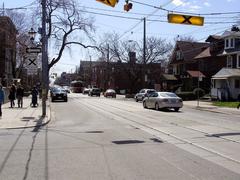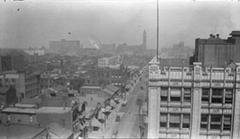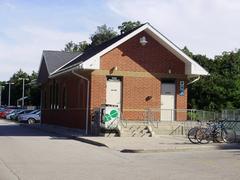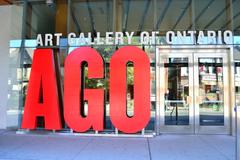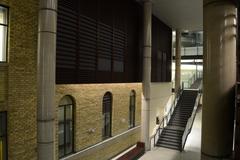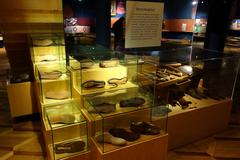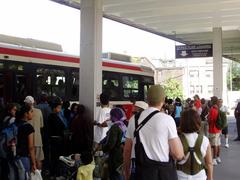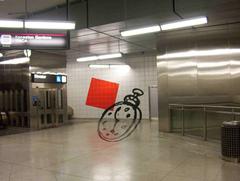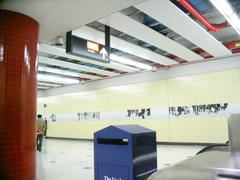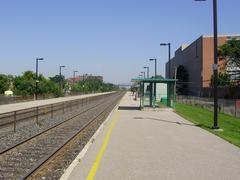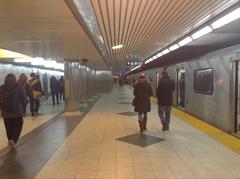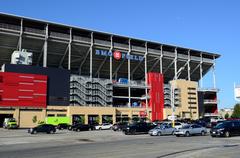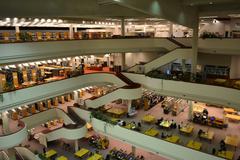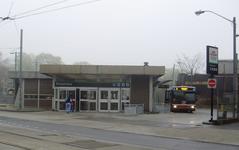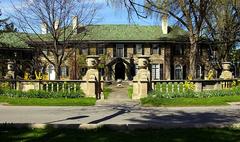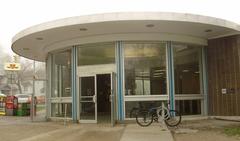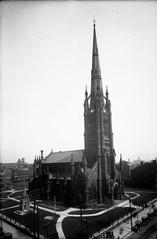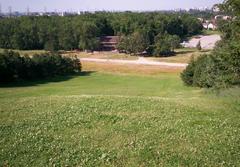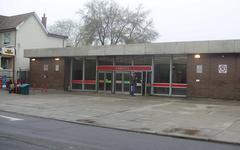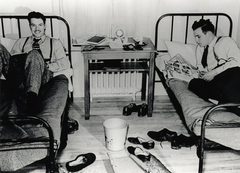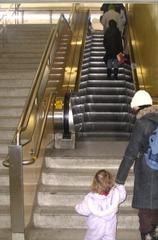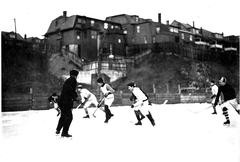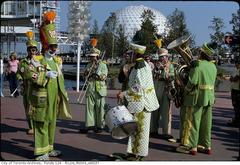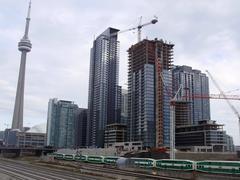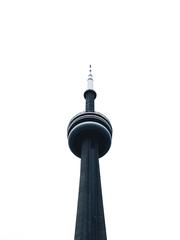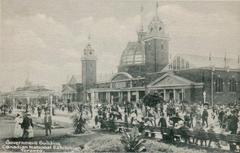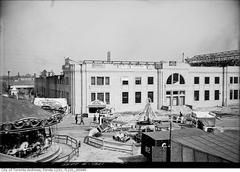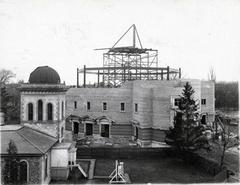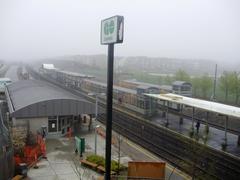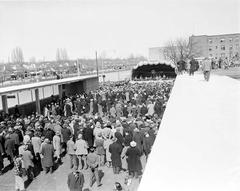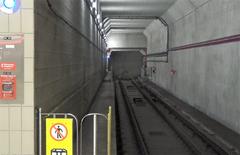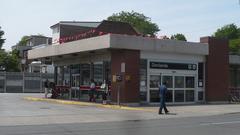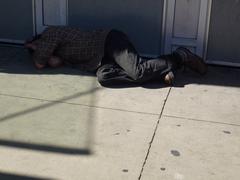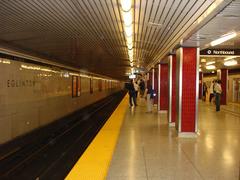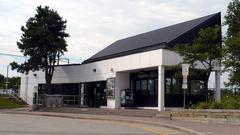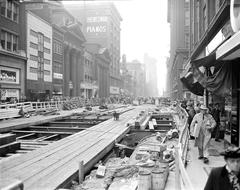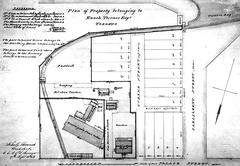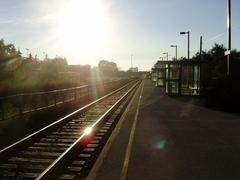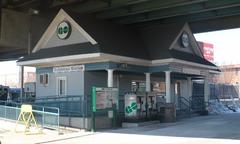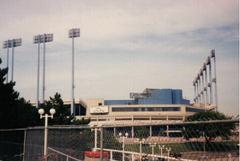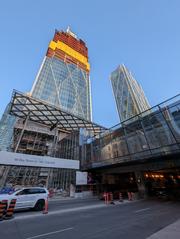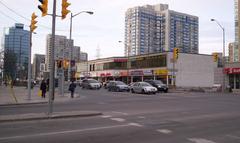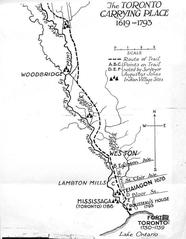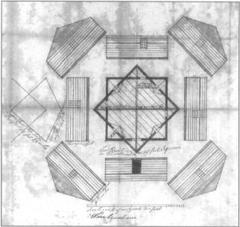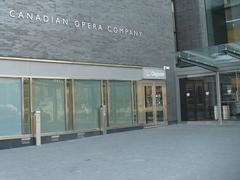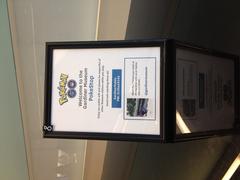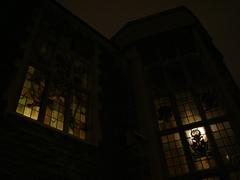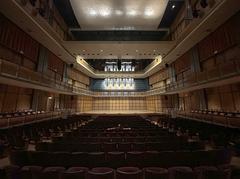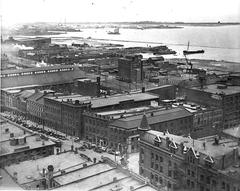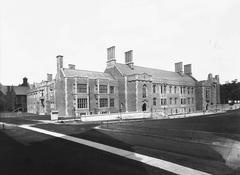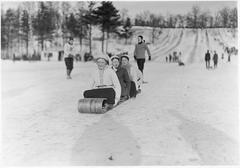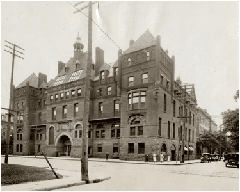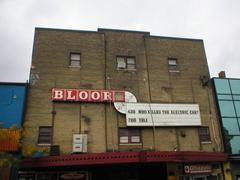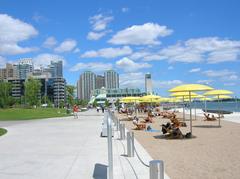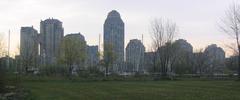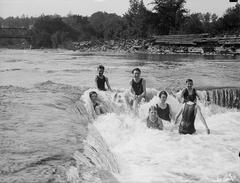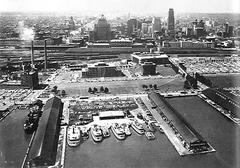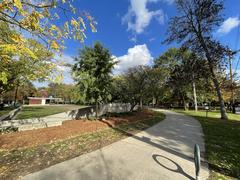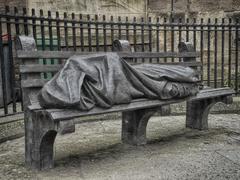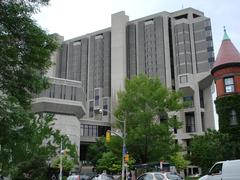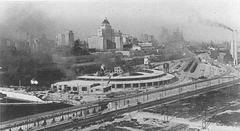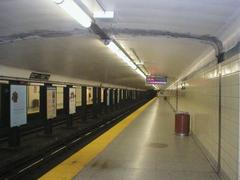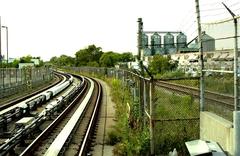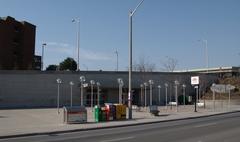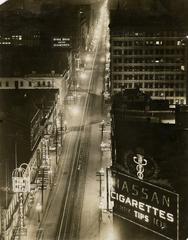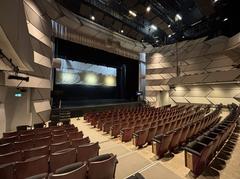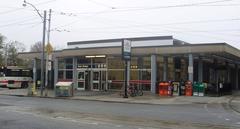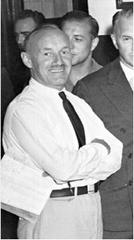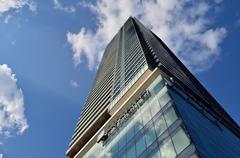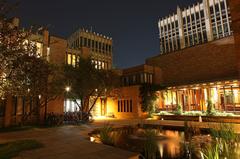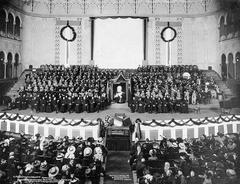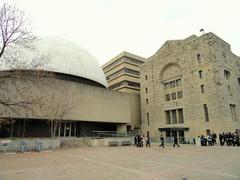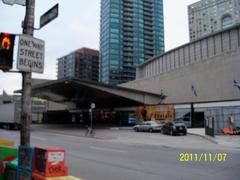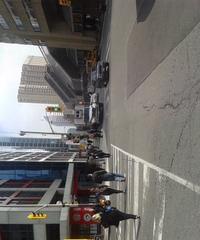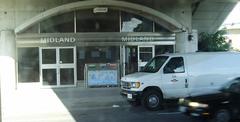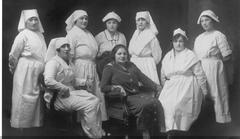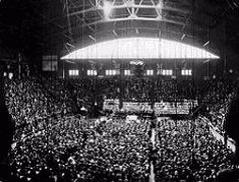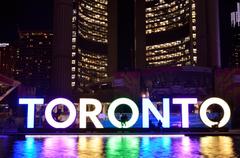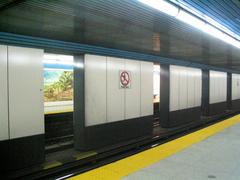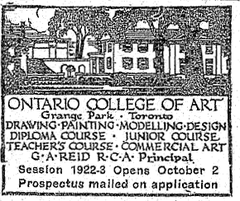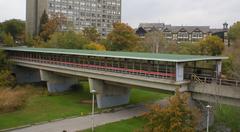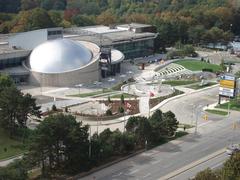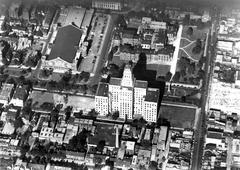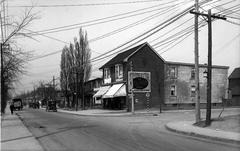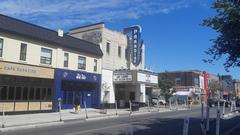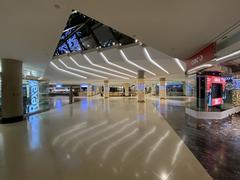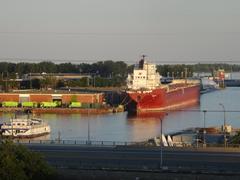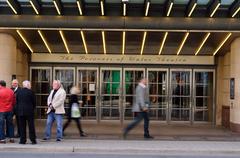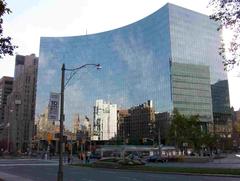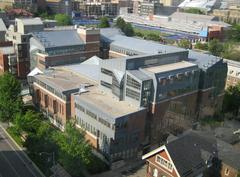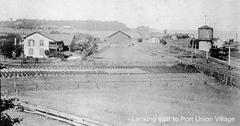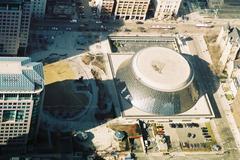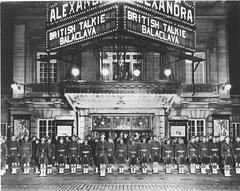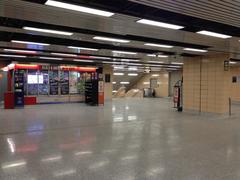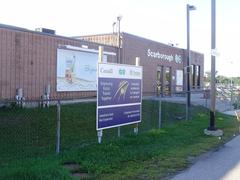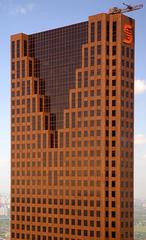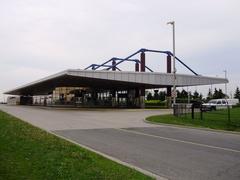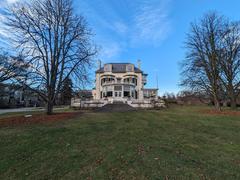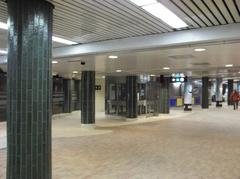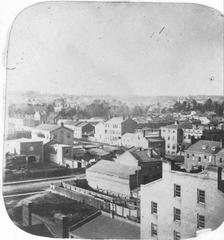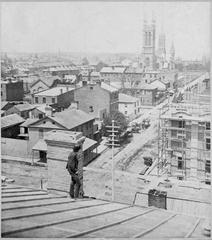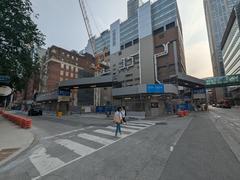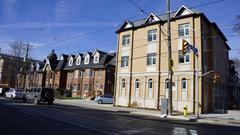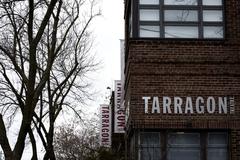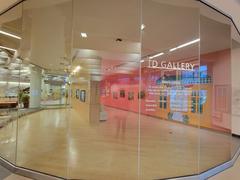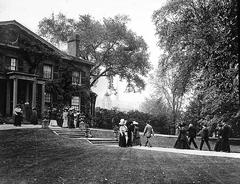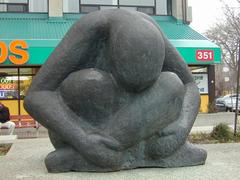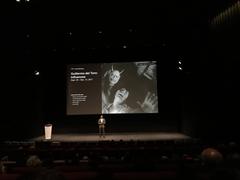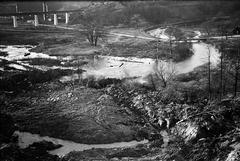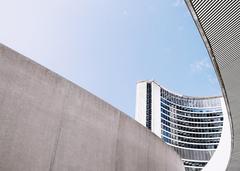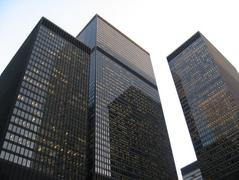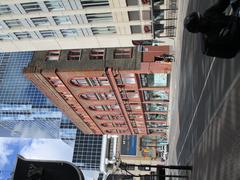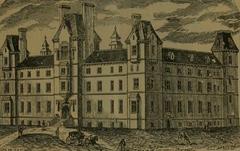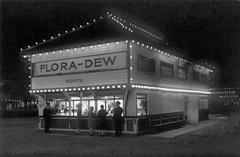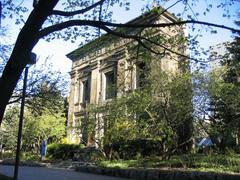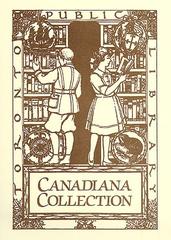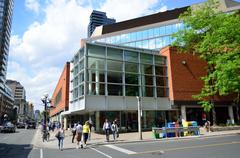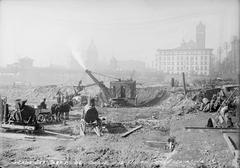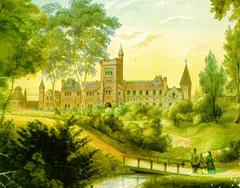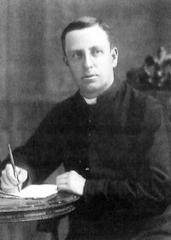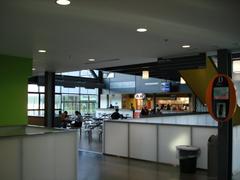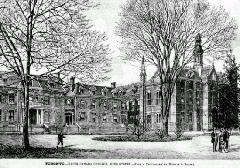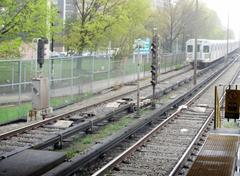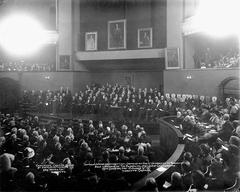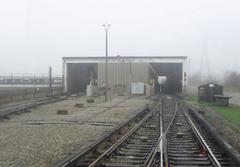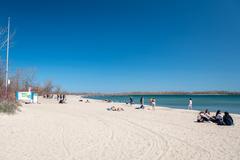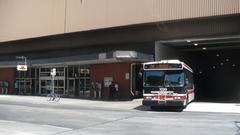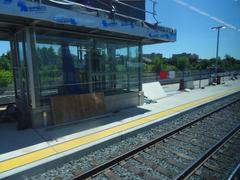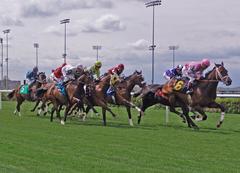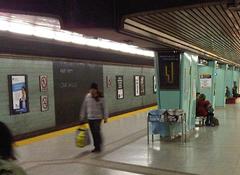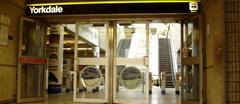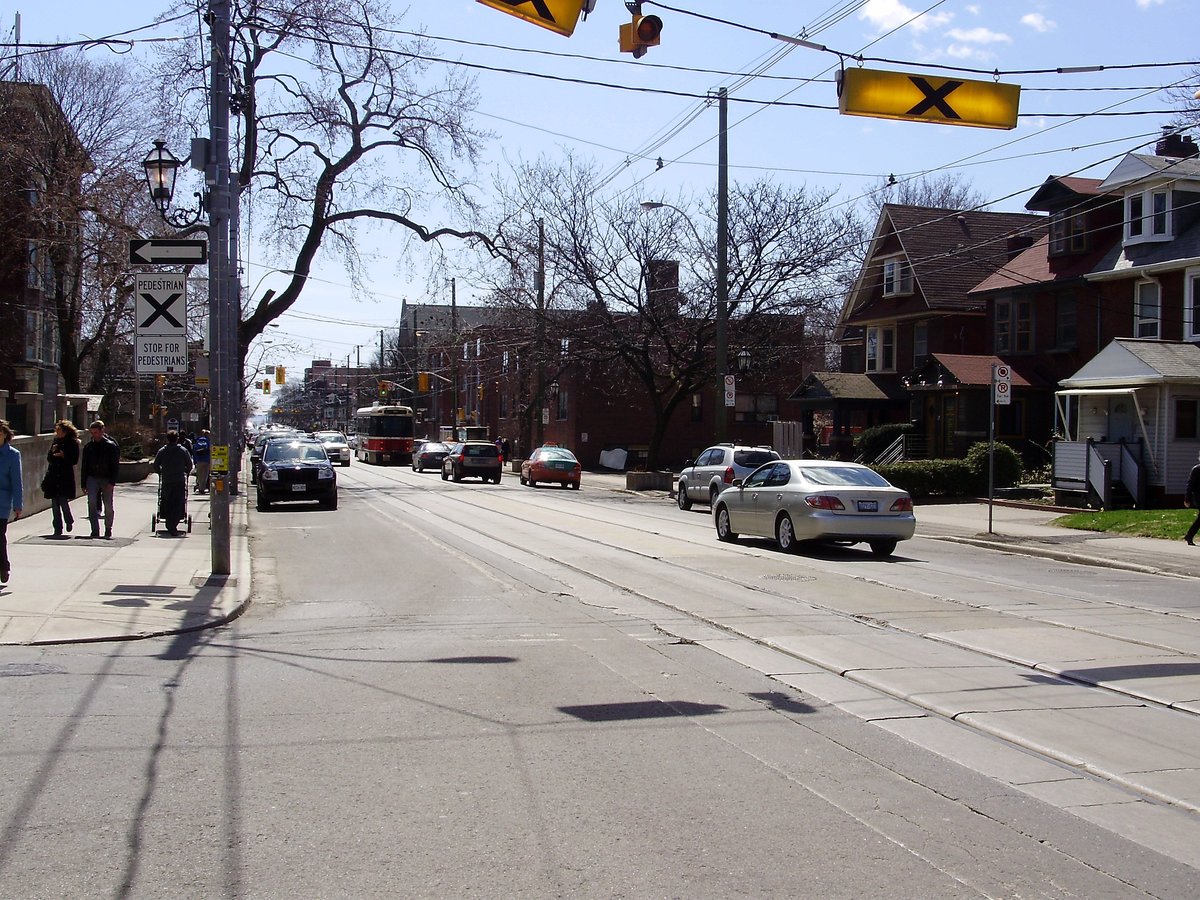
Roncesvalles Avenue Toronto: Visiting Hours, Tickets, and Attractions Guide
Date: 15/06/2025
Introduction
Roncesvalles Avenue—affectionately known as “Roncy”—is one of Toronto’s most vibrant and historic neighbourhoods, seamlessly blending deep-rooted Indigenous heritage, European colonial history, and a dynamic multicultural spirit. This iconic street is famed for its pedestrian-friendly design, charming architecture, and strong Polish-Canadian identity, celebrated annually during the Roncesvalles Polish Festival, North America’s largest festival of its kind. Whether you’re a history buff, food lover, or cultural explorer, this comprehensive guide offers essential details on hours, tickets, accessibility, attractions, and insider tips to help you make the most of your visit to Roncesvalles Avenue.
Table of Contents
- Indigenous Roots and Early Pathways
- Colonial Settlement and Naming
- Urban Development and Annexation
- Architectural and Community Landmarks
- Transportation and Industrial Growth
- The Polish Community and Postwar Transformation
- Urban Renewal and Modern Revitalization
- Contemporary Identity and Streetscape Improvements
- Visiting Roncesvalles Avenue: Hours, Access, and Tips
- Dining, Shopping, and Accommodation
- Cultural Events and Community Life
- Frequently Asked Questions (FAQ)
- Conclusion
- Further Reading and References
Indigenous Roots and Early Pathways
Long before European settlement, the land that is now Roncesvalles Avenue was a vital artery within the network of Indigenous trade and travel routes, notably the Toronto Carrying Place Trail. For over 11,000 years, this route facilitated trade, communication, and migration among Indigenous peoples, including the Mississauga, Chippewa, and Ojibwa nations. The path’s influence is still evident in the area’s unique street patterns, with the east fork of the Carrying Place Trail running along what are now Dundas Street and Indian Road, paralleling Roncesvalles Avenue (Sunnyside Historical Society; City of Toronto).
Colonial Settlement and Naming
European settlement began in the mid-19th century when Colonel Walter O’Hara, following military service in the Peninsular War, established his estate in the area. He named Roncesvalles Avenue after the Roncesvalles Gorge in Spain, a tribute to his wartime experiences. O’Hara’s influence is also reflected in nearby street names—Sorauren, Geoffrey, Constance, and Marion—honoring family and personal history (CommunitySearch). The avenue was formally laid out in 1856, setting the stage for its emergence as a vital north-south artery in Toronto’s west end (Sunnyside Historical Society).
Urban Development and Annexation
By the late 19th century, Roncesvalles Avenue marked the western edge of Parkdale village, later annexed by the City of Toronto in the 1880s. The area’s growth was spurred by infrastructure developments like the extension of King Street and the arrival of horse-drawn streetcars in 1887, followed by electric streetcar service in the early 20th century. Rapid commercial and residential development followed, with fire insurance maps from 1913 showing that about 75% of the lots along Roncesvalles had been developed (Wikipedia; City of Toronto).
Architectural and Community Landmarks
Roncesvalles is distinguished by its blend of historic architecture and vibrant main street character. Key landmarks include:
- The Revue Cinema (est. 1911): Toronto’s oldest operating movie theatre and a community hub (CommunitySearch).
- High Park Library (opened 1916): A Carnegie-endowed library with a stately brick façade.
- St. Vincent de Paul Roman Catholic Church: An early spiritual centre for local residents.
The avenue’s streetscape features a harmonious mix of commercial row buildings, churches, apartments, and houses, underpinning Roncesvalles’ “village” feel (City of Toronto).
Transportation and Industrial Growth
The intersection of Roncesvalles, Queen, and King streets became a major transit hub by the late 19th century, with streetcars and trains fueling the area’s growth. The Roncesvalles Carhouse, built in 1895, remains an integral part of Toronto’s streetcar system. The avenue’s industrial edges, particularly east of the rail lines, saw factories and warehouses later converted into lofts and community spaces like Sorauren Park (Wikipedia).
The Polish Community and Postwar Transformation
Following World War II, Roncesvalles Avenue became the heart of Toronto’s Polish-Canadian community. Polish immigrants established restaurants, bakeries, and shops, giving rise to the avenue’s distinct cultural identity. St. Casimir’s Catholic Parish, founded in 1944 with its current church built in 1952, remains central to community life. The Roncesvalles Polish Festival, held each September, is a highlight, featuring music, food, and dance, and drawing thousands of visitors (Roncesvalles Village BIA; Toronto Scoop).
Urban Renewal and Modern Revitalization
The demolition of Sunnyside Amusement Park for the Gardiner Expressway in 1955 led to a period of decline, but Roncesvalles retained its middle-class roots. Recent decades have seen significant revitalization, with streetscape enhancements, conversion of industrial spaces, and the emergence of a lively mix of Polish delis, multicultural eateries, and independent boutiques (City of Toronto).
Contemporary Identity and Streetscape Improvements
Major streetscape improvements—widened sidewalks, tree plantings, bike lanes, and accessible transit stops—have transformed Roncesvalles into one of Toronto’s most walkable and inclusive neighbourhoods. The community’s collaborative spirit is evident in its vibrant events calendar, thriving local businesses, and recognition as a finalist in the Canadian Institute of Planners’ “Great Places in Canada” contest (Wikipedia).
Visiting Roncesvalles Avenue: Hours, Access, and Tips
- Street Access: Open 24/7 as a public street.
- Shops & Restaurants: Generally open 10:00 AM to 8:00 PM; check individual business listings.
- Attractions: The Revue Cinema and St. Casimir’s Church have their own hours (see their websites for details).
- Tickets: No admission for the avenue itself; attractions like the Revue Cinema charge $10–$15 per ticket.
- Transit: Served by the TTC 504 King and 505 Dundas streetcars, with Dundas West subway station nearby.
- Parking: Metered street parking and nearby lots; expect higher demand during festivals.
- Accessibility: Widened sidewalks, curb cuts, and accessible TTC streetcars make the area wheelchair-friendly.
Dining, Shopping, and Accommodation
Dining
Roncesvalles is renowned for Polish cuisine (try pierogi, kielbasa, and schnitzel at authentic eateries like Cafe Polonez) and an array of global flavours, including Cuban, Japanese, Middle Eastern, and vegan options. The avenue is lined with bakeries, coffee shops, and acclaimed restaurants (TasteToronto; Cafe Polonez).
Shopping
Explore independent boutiques, bookstores (notably Another Story Bookshop), and specialty food stores for unique finds.
Accommodation
While mostly residential, neighbouring Parkdale and downtown Toronto offer hotels and guesthouses within a short commute.
Cultural Events and Community Life
- Roncesvalles Polish Festival: North America’s largest Polish festival, every September, with music, dance, food, and family fun (Roncesvalles Village BIA).
- Roncy Rocks: June street festival celebrating local musicians and artists.
- Sorauren Farmers’ Market: Weekly market with local produce and artisan goods.
- Art Fairs and Holiday Events: Year-round programming fosters strong community bonds (BlogTO).
Frequently Asked Questions (FAQ)
Q: What are the typical visiting hours for Roncesvalles Avenue?
A: The avenue is accessible 24/7. Most shops and restaurants operate from 10:00 AM to 8:00 PM; check websites for specifics.
Q: Do I need tickets for the Roncesvalles Polish Festival or to visit the avenue?
A: No tickets are required for the street or the festival. Attractions like the Revue Cinema require separate tickets.
Q: Is Roncesvalles Avenue wheelchair accessible?
A: Yes, recent urban upgrades ensure accessibility, including curb cuts and accessible transit.
Q: How do I get there by public transit?
A: Take the TTC 504 King or 505 Dundas streetcars, or use Dundas West subway station.
Q: Are there family-friendly and vegan dining options?
A: Yes, many eateries are family-friendly, and several offer vegetarian/vegan menus.
Conclusion
Roncesvalles Avenue is a living tapestry of Toronto’s layered history and vibrant multiculturalism. From its ancient Indigenous pathways and colonial roots to its thriving Polish community and contemporary urban renewal, Roncesvalles invites visitors to experience a unique blend of tradition, innovation, and community spirit. Whether you’re enjoying the lively festivals, sampling international cuisine, or exploring its historic landmarks, Roncy delivers an authentic and unforgettable Toronto adventure.
For up-to-date event details, guided tours, and neighbourhood insights, download the Audiala app and follow us on social media.
Visual and Interactive Enhancements
- Images: Feature high-quality photos of the Revue Cinema, St. Casimir’s Church, sidewalk gardens, and festival scenes. Use alt tags like “Roncesvalles Avenue Toronto historical sites” and “Polish Festival street scene.”
- Interactive Map: Embed a map showing attractions, transit stops, and parking.
- Internal Links: Connect to Toronto’s High Park, Parkdale neighbourhood, and guides to Toronto streetcars and city festivals.
Further Reading and References
- Exploring Roncesvalles Avenue: History, Visiting Hours, and Attractions in Toronto, 2024 (Sunnyside Historical Society)
- City of Toronto, 2020, Roncesvalles Background Report (City of Toronto)
- CommunitySearch, Roncesvalles Toronto Community Profile (CommunitySearch)
- Wikipedia, Roncesvalles, Toronto, 2024 (Wikipedia)
- Roncesvalles Village BIA, Roncesvalles Polish Festival, 2024 (Roncesvalles Village BIA)
- Toronto Scoop, Roncesvalles Polish Festival, 2024 (Toronto Scoop)
- Destination Toronto, Local Picks: Roncesvalles, 2024 (Destination Toronto)
- BlogTO, History of Roncesvalles Neighbourhood, 2020 (BlogTO)
- TasteToronto, The Best Restaurants in Roncesvalles (TasteToronto)
- Cafe Polonez (Cafe Polonez)
